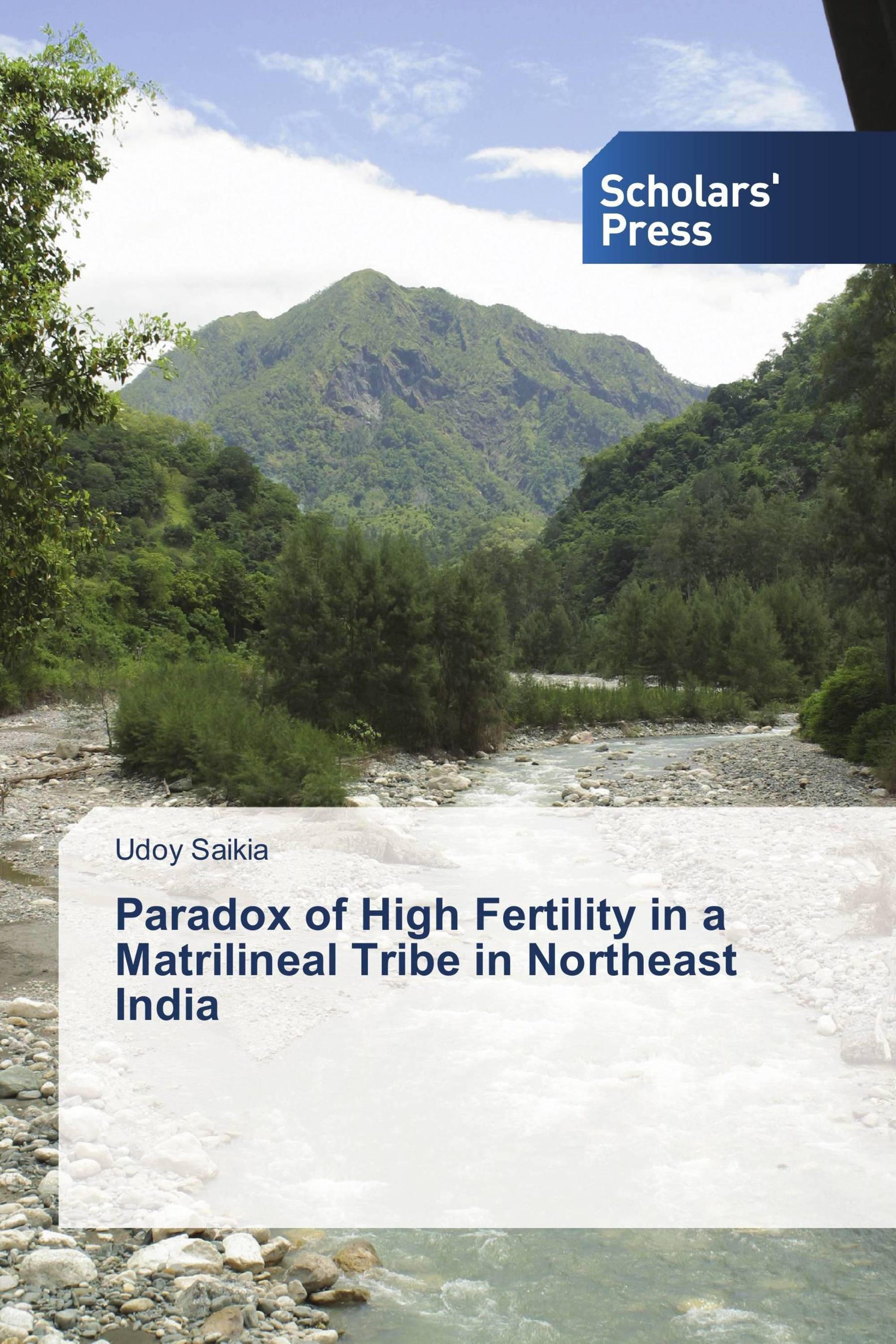Conventional wisdom in demography states that women’s autonomy is highly correlated with several demographic outcomes. However this study demonstrates that, for a detailed understanding of the gender context of fertility dynamics, it is necessary to go beyond the traditional indicators of women’s autonomy to the broader concept of women’s empowerment, because conventional measurements of women’s autonomy do not fully reflect the power divide between males and females, which is so important in making decisions that affect fertility. The matrilineal system in the Khasi society in India has empowered women to have greater extrinsic control in certain areas. Control over economic and financial resources has given Khasi women a comparatively high level of autonomy in decision-making within the household and also freedom of movement. But lack of a supportive environment has reduced their intrinsic capability for self-confidence, and inner transformation of one’s consciousness that enables one to overcome external barriers of certain traditional ideology. This has resulted in high fertility in Khasi society.
Book Details: |
|
|
ISBN-13: |
978-3-639-51976-1 |
|
ISBN-10: |
3639519760 |
|
EAN: |
9783639519761 |
|
Book language: |
English |
|
By (author) : |
Udoy Saikia |
|
Number of pages: |
344 |
|
Published on: |
2013-12-04 |
|
Category: |
Sociology |
